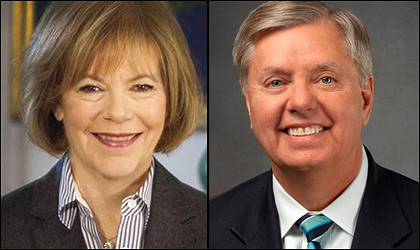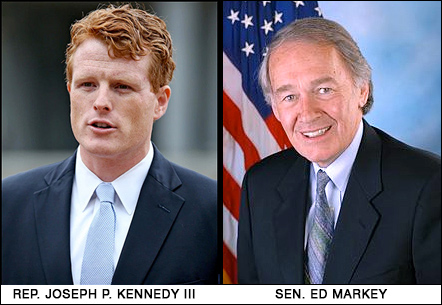By Jim Ellis
 Sept. 9, 2020 — The New Hampshire nomination vote was held yesterday, ironically very late in an election cycle in which this state was the first to host a presidential primary. The results unfolded as generally predicted.
Sept. 9, 2020 — The New Hampshire nomination vote was held yesterday, ironically very late in an election cycle in which this state was the first to host a presidential primary. The results unfolded as generally predicted.
Sen. Jeanne Shaheen stands for a third term and was easily re-nominated with 94 percent of the vote against a weak Democratic opposition field. On the Republican side, businessman Bryant “Corky” Messner, who has already loaned his campaign approximately $4 million, defeated retired Army general Don Bolduc with a 51-42 percent victory margin. Sen. Shaheen is a clear favorite for the general election, but upsets are a frequent occurrence in New Hampshire politics, so no victory can be taken for granted.
A close election here is possible again. In Sen. Shaheen’s two federal election victories, her win percentages were only 51.6 and 51.5 percent in 2008 and 2014, respectively. Additionally, in the 2002 campaign, as the sitting governor, she lost to then-US Rep. John E. Sununu (R), 51-46 percent. Returning for the 2008 race she unseated her former opponent, and then six years later defeated former Massachusetts US Sen. Scott Brown (R) who launched a new Senate bid from his neighboring state.
The last election for the state’s other Senate seat was also very close. In 2016, then-Gov. Maggie Hassan (D) unseated Sen. Kelly Ayotte, 48.0 – 47.8 percent, a margin of just 1,017 votes from more than 739,000 ballots cast.
Gov. Chris Sununu (R) is running for a third two-year term – New Hampshire and neighboring Vermont are the only two states that mandate two-year gubernatorial terms – and was easily re-nominated with 90 percent of the Republican primary vote. The Democrats, however, featured a more competitive contest, with state Senate Majority Leader Dan Feltes (D-Concord) apparently topping Executive Councilor Andru Volinsky, 51-49 percent, but with several precincts still outstanding. It is likely the Feltes margin will hold, though it is still mathematically possible for the final outcome to switch.
Turnout in the state was interesting because of its inconsistency between the two statewide offices, which is unusual. In the governor’s race, more Republicans than Democrats voted, so far 129,404 to 124,697 with further ballots to count. The Senate campaign, however, featuring a Democratic incumbent, saw a reversal of the turnout model. In that race, more Democrats have voted so far, 133,729 to 122,676.




